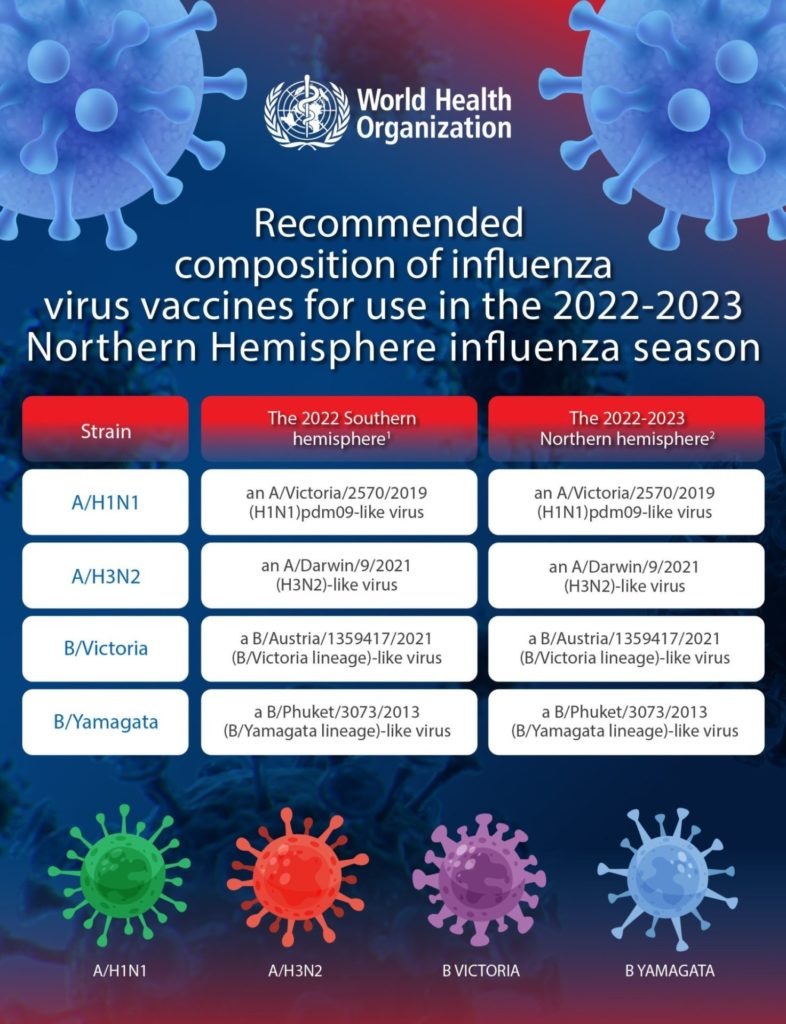Table of Contents
- Why Should I Get Seasonal Flu Shots? - Why They Matter
- Getting Your Flu Shot! - Student Wellness Centre
- Seasonal flu vaccine - Stock Image - C007/4978 - Science Photo Library
- Myths and Facts About the Flu Shot: Walker Family Care: Family Medicine ...
- So many types of flu shots, so little time: Not enough people getting ...
- Why it is important for everyone to get their flu shot? And there is ...
- Chest Medicine Made Easy-Dr Deepu: Flu shot can save heart failure ...
- It’s the Rainy Season, Get Your Flu Shots - The Australian-Thai Chamber ...
- Why You Need the Flu Shot Every Year - The New York Times
- Get the flu vaccine, reduce your risk of death - Harvard Health



Types of Flu Vaccines




High-Dose and Adjuvanted Flu Vaccines



Benefits of Flu Vaccination
Getting vaccinated against the flu has numerous benefits, including: Reducing the risk of flu illness: Flu vaccination can reduce the risk of flu illness by 40-60% in people who are vaccinated. Preventing flu-related complications: Flu vaccination can help prevent flu-related complications, such as pneumonia, bronchitis, and sinus and ear infections. Protecting vulnerable populations: Flu vaccination can help protect vulnerable populations, such as older adults, young children, and people with certain chronic health conditions. In conclusion, there are several types of flu vaccines available, each with its unique features and benefits. By understanding the different types of flu vaccines and getting vaccinated, you can help protect yourself and your loved ones from the flu virus. Remember, flu vaccination is the best way to prevent flu illness and its complications. Consult with your healthcare provider to determine which type of flu vaccine is best for you.For more information on flu vaccines and vaccination, visit the CDC website.
Note: The article is optimized for search engines with relevant keywords, meta descriptions, and header tags. However, please note that the content is for general information purposes only and is not intended to provide medical advice. Always consult with a healthcare professional for personalized advice.